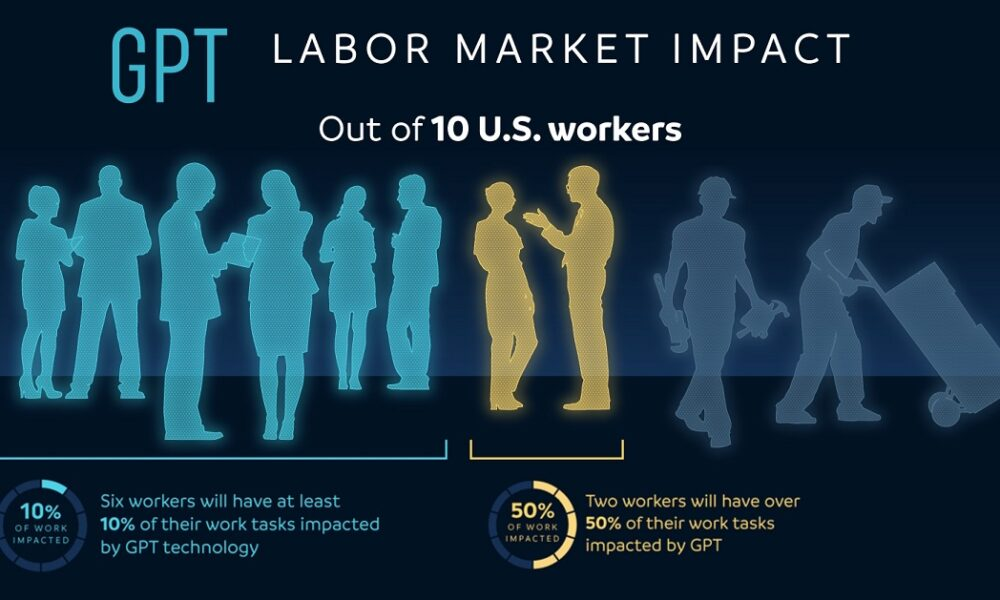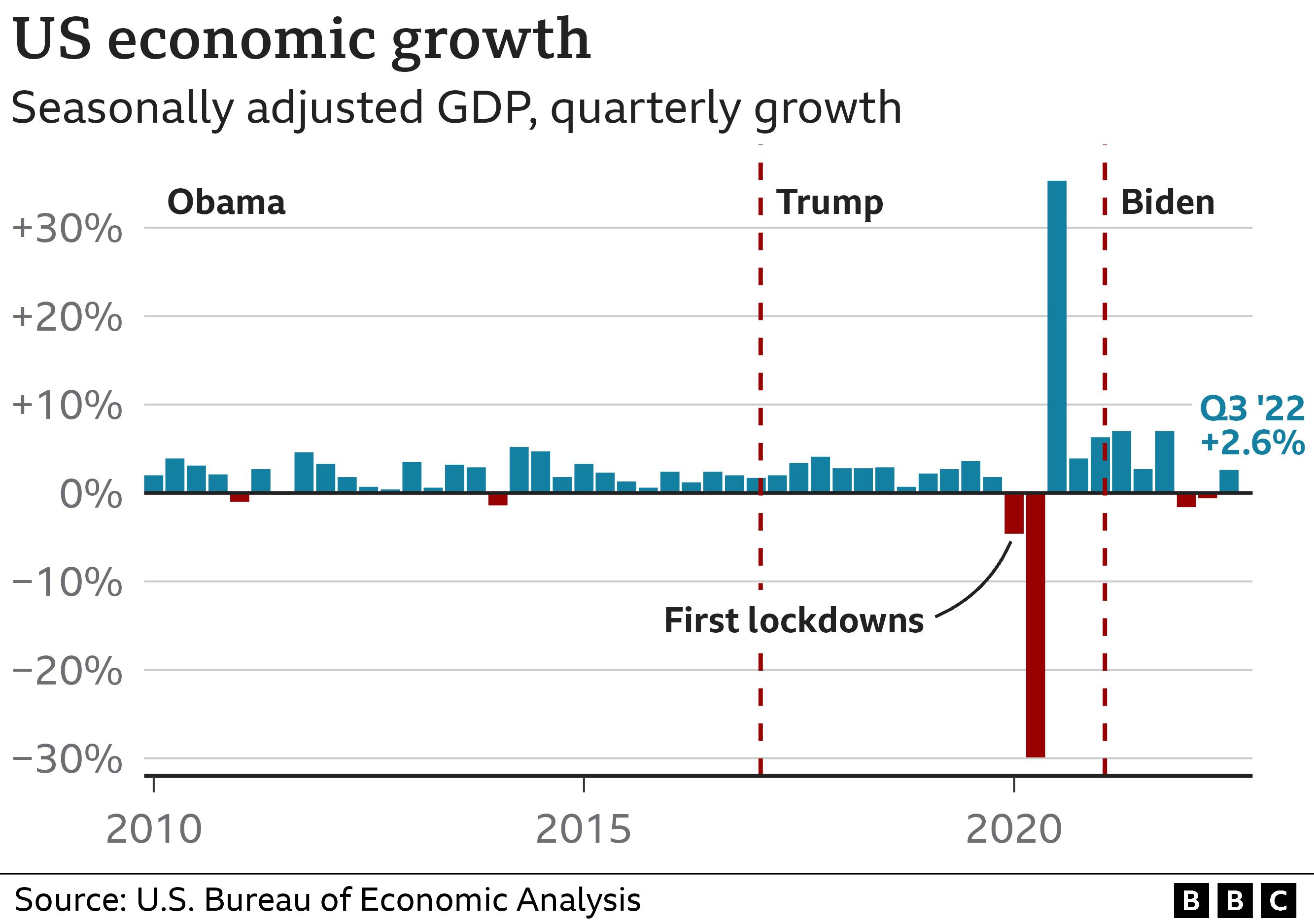China tariffs have become a focal point in discussions surrounding U.S.-China trade relations, particularly amidst the backdrop of economic uncertainty. These impending tariffs, proposed at up to 60%, threaten to reshape the landscape of China U.S. imports, potentially leading to increased prices for American consumers. As the China trade war continues to escalate, experts warn about the tariff impact on the economy, highlighting concerns over supply-chain disruptions that could ripple through the global supply chain. The stakes are high, as the U.S. seeks to recalibrate its trade policies while navigating complex geopolitical dynamics. Understanding the implications of China tariffs is essential, as they could spark not only economic challenges but also a shift in international alliances.
The looming imposition of tariffs on Chinese goods is a significant issue within the framework of international trade dynamics, particularly concerning trade relations between the U.S. and China. As discussions around these financial penalties unfold, analysts are closely monitoring how such actions may disrupt the flow of goods and influence market prices. The current tensions echo sentiments from previous trade conflicts, underscoring the potential repercussions on both domestic and global economies. With tariffs set to rise, the question arises: how will this affect the international supply chain, and what alternatives may emerge in response to changing trade protocols? Ultimately, the ramifications extend beyond simple economics, as they intertwine with larger geopolitical strategies.
Understanding the Impact of China Tariffs on U.S. Economy
The potential imposition of China tariffs poses significant risks to the U.S. economy. Economists forecast that implementing a 60 percent tariff could lead to increased prices for American consumers, driving up the cost of everyday goods and making it difficult for businesses to maintain their profit margins. As tariffs are levied on imported goods, companies may pass these additional costs onto consumers, leading to widespread inflation. This price hike could reduce consumer spending power and overall economic activity within the United States.
Additionally, tariffs could disrupt the global supply chain, which has become increasingly interconnected. Many manufacturers rely on a complex network of suppliers that spans the globe. A sudden increase in tariffs may force companies to reevaluate their supply chains, potentially leading to delays and shortages of products. Such disruptions can ripple through the economy, impacting job markets, supply availability, and the competitive landscape of various industries.
Long-term Consequences of the U.S.-China Trade War
The ongoing U.S.-China trade war has far-reaching implications for international relations and trade agreements. The likelihood of escalating tariffs could strengthen ties between China and other countries facing similar economic pressures, such as those in Europe and Asia. By presenting a united front against U.S. trade policies, these nations could foster stronger economic collaborations, which may diminish U.S. influence in global markets.
Moreover, a prolonged trade war could force U.S. companies to reconsider their dependency on Chinese goods and services. Firms might seek alternative suppliers or relocate manufacturing to countries like Vietnam or India, which could boost these nations economically. However, these transitions take time and may not fully compensate for the loss of China’s manufacturing capabilities in the short term.
Navigating the Complexity of Global Supply Chains
As the U.S. considers imposing elevated tariffs on Chinese imports, companies across various sectors must navigate the intricate landscape of global supply chains. Many American products, particularly electronics, are manufactured using components sourced from multiple countries, primarily China. This complexity raises the question of how tariffs would be applied and which products would truly be affected, making it challenging for businesses to adapt swiftly.
Countries like Vietnam and India are positioning themselves as alternative suppliers; however, their ability to fill the gap left by China is uncertain. While they offer lower labor costs and developing infrastructures, their manufacturing capabilities and supply efficiencies will take time to mature. This stopgap approach may lead to transitional periods marked by instability and uncertainty for U.S. businesses and consumers alike.
China’s Strategic Response to U.S. Tariff Threats
In preparation for potential new tariffs, the Chinese government has been strategizing on multiple fronts. Understanding the nuances of U.S. trade policies will be crucial for China to mitigate the economic fallout from tariff impositions. Analysts suggest that Beijing may take a dual approach: aiming to bolster domestic economic stability while simultaneously strengthening diplomatic ties with affected countries to counteract U.S. pressures.
China’s focus on alternative markets, such as those in Southeast Asia and Latin America, aligns with its broader strategy under the Belt and Road Initiative. By fostering economic partnerships with developing nations, China may enhance its resilience against U.S.-led tariffs, thus safeguarding its long-term economic interests while seeking new avenues for growth.
The Role of Tariffs in Shaping Economic Alliances
The potential for a new wave of tariffs creates an environment ripe for shifting alliances on the global stage. Countries that find themselves adversely affected by U.S. tariff policies may form coalitions to resist these economic measures collectively. For instance, European nations, along with Australia and Japan, may seek to unite with China against a common economic adversary due to shared interests in free trade.
Such collaborative efforts could lead to strategic partnerships that redefine economic relationships and shift traditional alliances. If countries perceive the U.S.’s tariff impositions as a threat to their own trade stability, they may be more inclined to strengthen ties with China, which could lead to a significant geopolitical shift in how global markets operate.
Assessing the Risks of a Trade Policy Shift
Implementing broad tariffs poses significant risks not only to U.S. imports from China but also to international economic relations. As the U.S. considers putting greater pressure on China through tariffs, there is a growing concern that this approach could trigger retaliatory measures, leading to a tit-for-tat scenario. This economic hostility can harm American businesses that rely heavily on trade and can create uncertainty in markets, deterring investment.
Moreover, if the U.S. trade policy leans heavily towards protectionism, it risks isolating itself from major economic partners. Countries may seek to stabilize their own markets by aligning more closely with China, fostering a network of alternative alliances that diminish U.S. influence. The long-term repercussions of such a shift could prove detrimental, particularly as global interdependence rises.
Consumer Reactions to Rising Prices Due to Tariffs
American consumers are likely to bear the brunt of the economic consequences stemming from heightened tariffs on Chinese goods. As prices rise due to tariff impacts, consumers may have to prioritize their spending, leading to decreased demand for goods. This reaction could in turn harm the profitability of businesses across various sectors, further exacerbating economic challenges.
Additionally, consumer sentiment plays a crucial role in shaping economic conditions. A rise in costs of entry-level products, paired with stagnant wages and growing economic frustrations, could contribute to a decline in consumer confidence. Such a downturn may slow overall economic growth, resulting in a cycle that fuels economic instability and reinforces the need for policymakers to reconsider aggressive tariff strategies.
Exploring Alternatives to Chinese Imports
In light of the potential for increased tariffs, U.S. businesses are exploring alternatives to reduce reliance on Chinese imports. Countries such as Vietnam and India have emerged as attractive options for manufacturing due to their lower labor costs and increasing industrial capabilities. However, adapting to new supply chains is not an easy feat, and it will require significant investment and time.
Furthermore, while some industries may find viable alternatives, many sectors depend on the specific expertise and advanced manufacturing capabilities that China offers. This transition not only takes time but could also require substantial changes in logistics and supply chain management, making it a daunting task for many companies.
The Future of U.S.-China Trade Relations
As tariffs loom, the future of U.S.-China trade relations remains uncertain. Economists and analysts suggest that continued economic tension could force both countries to reevaluate their strategies, leading to negotiations that may resemble previously established agreements. However, the potential for drastic policy changes creates a layer of unpredictability that will impact businesses and consumers alike.
Moving forward, the resilience of U.S.-China trade relations will heavily depend on both countries’ ability to navigate economic pressures while balancing domestic interests with global expectations. As international trade landscapes shift, recognizing the implications of tariffs and their broader impacts will be critical for sustaining economic stability and fostering productive diplomatic channels.
Frequently Asked Questions
What are China tariffs and how do they affect U.S.-China trade relations?
China tariffs are taxes imposed on goods imported from China, aimed at protecting U.S. industries and addressing trade imbalances. These tariffs significantly affect U.S.-China trade relations by increasing costs for American consumers and complicating trade negotiations, potentially leading to retaliatory measures from China.
What is the impact of China tariffs on the global supply chain?
China tariffs disrupt the global supply chain by increasing costs for manufacturers who rely on Chinese imports for components. This can lead to higher prices for finished goods, delays in production, and a shift in sourcing strategies as businesses seek alternatives to Chinese suppliers.
How do China tariffs influence the tariffs impact on the economy in the U.S.?
The tariffs impact on the economy in the U.S. can be profound; while intended to safeguard local industries, they often result in higher consumer prices, reduced purchasing power, and potential job losses in sectors dependent on trade with China.
How does the current China trade war affect U.S. imports from China?
The current China trade war has led to decreased U.S. imports from China as businesses adjust by sourcing products from other countries. This decline also challenges China’s economy by reducing its exports, which are vital for growth.
What alternatives do U.S. companies have amidst high China tariffs?
U.S. companies are increasingly looking to diversify their supply chains by exploring alternatives like Vietnam, India, or other countries in Southeast Asia for manufacturing, as they seek to mitigate the impact of high China tariffs.
What are the potential long-term consequences of imposing 60 percent tariffs on China?
Imposing 60 percent tariffs on China could lead to increased prices for U.S. consumers, a strain on international relations, and potential retaliation from China, which may harm U.S. interests and alliances in the long run.
How could China respond to increased tariffs imposed by the U.S.?
China could respond to increased tariffs by negotiating new trade agreements, seeking to strengthen ties with other trading partners, or implementing its own tariffs on U.S. imports, further escalating the trade conflict.
Could the implementation of tariffs lead to a strengthening of U.S. ties with other countries?
Though tariffs may initially strain relations with traditional allies, they could paradoxically encourage these nations to unite against perceived U.S. trade aggression, potentially fostering closer economic cooperation among them.
| Key Points | Details |
|---|---|
| Imposition of China Tariffs | President-elect Trump plans to impose 25% tariffs on goods from Mexico and Canada, alongside a 10% tariff on Chinese imports. |
| Economic Impact | Tariffs could spike prices for U.S. consumers, disrupt supply chains, and create potential labor shortages while providing China a chance to strengthen ties with allies. |
| China’s Perspective | China fears tariffs could complicate its global export strategies, especially into U.S. markets. However, some view them as a potential negotiation starter with the U.S. |
| Effects on Trade | Between 2017 and 2023, China’s share of U.S. imports notably decreased, making it less dominant as a supplier of key goods. |
| Long-Term Consequences | U.S. tariffs could unify China’s engagement with other global economies, which could lead to long-lasting adverse effects on U.S. foreign relations. |
| Global Supply Chain Challenges | China’s dominance in manufacturing and the complexity of global supply chains make it hard for alternative suppliers (like India or Vietnam) to quickly fill gaps. |
| Economic Strategy | China is attempting to boost domestic consumption amid uncertainty about tariffs while trying to maintain its export-driven economy. |
Summary
China tariffs are a crucial topic as they could have widespread implications not only for the U.S. economy but also for international relations. While they may initially seem to target China’s economy, these tariffs risk inflating American consumer prices and destabilizing supply chains. Moreover, they could inadvertently foster stronger alliances between China and U.S. allies, thus altering the geopolitical landscape. The complexity of international trade means that addressing concerns about Chinese tariffs requires careful consideration and strategic negotiation to prevent long-term damage to U.S. interests.




